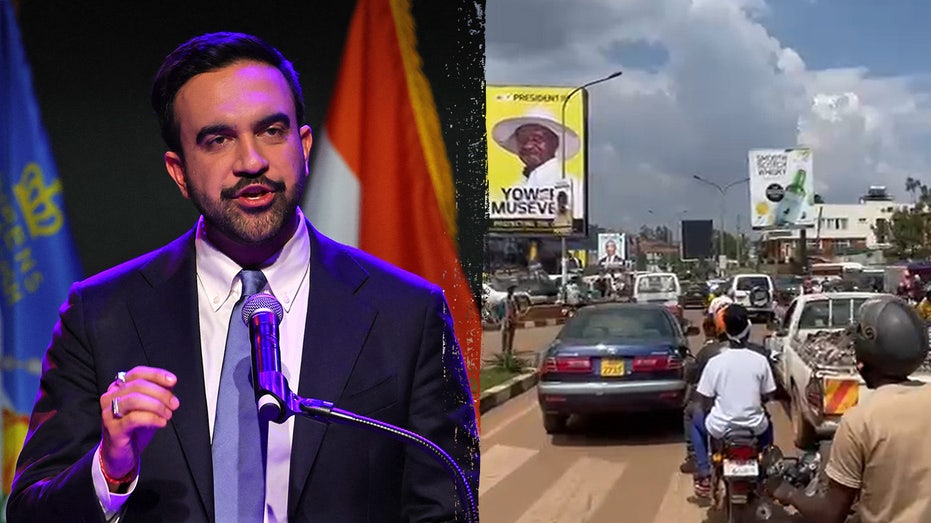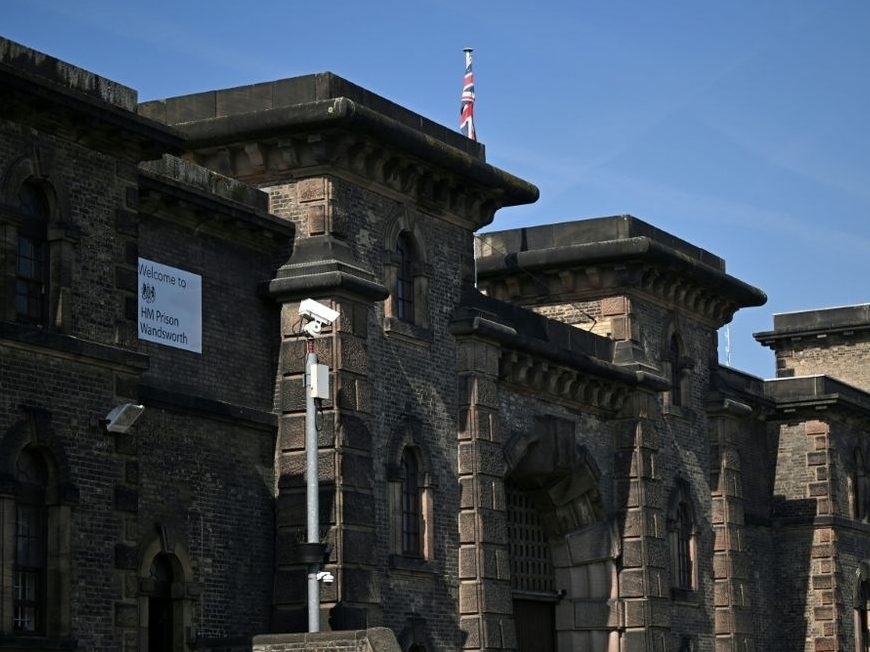Zohran Mamdani’s election as New York City’s mayor has reverberated across the globe, igniting a complex spectrum of emotions and reactions. From distant capitals to close-knit communities, his victory is being interpreted as a pivotal moment with far-reaching implications.
In Uganda, where Mamdani was born to Indian parents, his win is celebrated as a source of immense national pride. Many Ugandans view him not as an American politician, but as a testament to the potential within their own nation – proof that individuals from humble beginnings can ascend to positions of global influence.
Siraje Kifamba Nsamba, a social worker in Kampala, described Mamdani’s success as “making history for Uganda.” He emphasized that Mamdani never distanced himself from his Ugandan roots, and his campaign promises – focused on affordability and social justice – resonated deeply with those observing from afar.
The sentiment extends beyond official circles. One Ugandan citizen expressed a wistful feeling of loss, suggesting New York had gained a leader who could have profoundly impacted Uganda’s own progress. Others see him as an inspiration, a beacon for young people aspiring to overcome obstacles.
However, the global response isn’t universally positive. While some celebrate Mamdani’s victory as a triumph for progressive ideals, others view it with deep concern and even alarm.
Certain groups, including Hamas-affiliated channels, have hailed his win as a “moral victory,” framing him as a supporter of their cause and an opponent of Israel. These interpretations reflect a perceived shift in Western power dynamics.
In stark contrast, reactions within Israel have been overwhelmingly negative. Officials have voiced strong criticism, with some warning that New York has effectively handed its leadership to someone sympathetic to Hamas, potentially endangering the Jewish community.
The Minister of Diaspora Affairs urged Jewish New Yorkers to consider relocating to Israel, while the National Security Minister labeled Mamdani’s election a victory for antisemitism. These statements underscore the deep anxieties surrounding his political stance.
Even in Iran, a lawmaker connected his win to the anti-Israel sentiment prevalent in the region, interpreting it as a sign of growing opposition. The victory is seen as a symbolic blow against established geopolitical norms.
Across Europe, reactions are similarly divided. Left-leaning politicians have lauded Mamdani’s success as a victory for hope and humanity, praising his ability to overcome significant opposition and champion progressive policies.
One French MEP described his win as “a huge breath of hope,” highlighting his willingness to address issues like racism and the situation in Gaza. Others see it as a rejection of the status quo and a powerful endorsement of socialist ideals.
In the United Kingdom, London’s Mayor offered congratulations, drawing parallels to his own victory and emphasizing the power of hope over fear. The election of Zohran Mamdani has undeniably sparked a global conversation, revealing deep divisions and highlighting the complex interplay of politics, identity, and ideology.
His rise represents a new intersectional approach to the left, and his policies have ignited debate about the future of U.S. foreign policy and the role of socialism in the 21st century.






